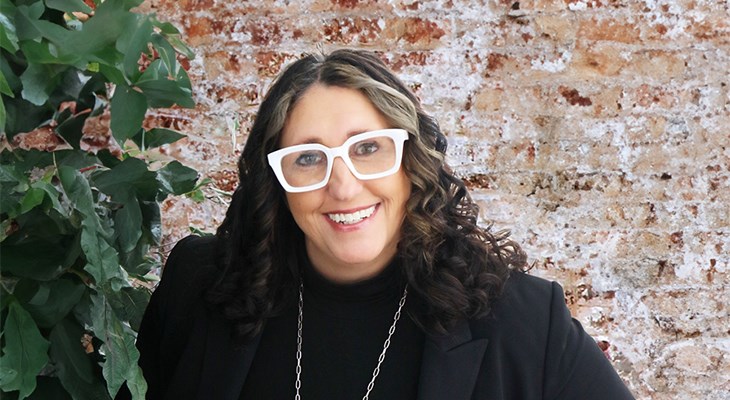Sherri Yukel founded and ran as CEO Big Dot of Happiness for more than 20 years. The business that she started with $700 cash was acquired in September 2020 by Altacrest Capital and Route 2 Capital Partners, and she transitioned out of the company in late 2022. Because of this experience, many in a similar position want to know one thing ...
"The number one question I get now that where you've sold and I'm referred to as retired-ish, is Why and how did you know you're ready to sell," Yukel said at the 2023 Minneapolis Smart Business Dealmakers Conference. "A lot of founders asked me that, a lot of CEOs that are ready, C-suite people, that are ready to take their business out. And it may catch you off guard a little bit, but my husband and I, for years, had talked when our company hit X millions in sales and X millions in EBITA that we would take our business out for sale. And many people ask why would you do that then? Why would you not give it to your children?"
Yukel says she and her husband we went through a lot of wealth management discussions while making their will and decided they weren't going to give the business to their children because they've seen what can happen to families that do.
"We've seen a lot of second generation, third generation families just get ripped apart, or their kids don't talk to each other anymore, and causes a lot of turmoil," she says. "So, my husband and I decided that's when we would sell the business."
Looking ahead, she says she knew the number they wanted in a sale and if the buyer didn't meet it, there would be no deal. So, in the two years prior to when she wanted to exit, the focus was on ensuring the numbers were growing and preparing the rest of the business for the sale. She implemented an EOS and began to work down to operations to get the team on board while adding additional structure with processes such as quarterly BTOs and SPMs. She also started to build a succession plan because she and her husband knew at some point they were stepping out.
"We just knew that in order to really sell and get the multiple we wanted, we had to have that in place," she says.
She was able to keep several key people in operations. For instance, the company's creative director became the CEO, and the company's marketing director stayed. The biggest gap, she says, was when her husband, who was in financials, retired and the new financial team took over, created a significant difference, moving from financial and an integrator.
"If you do EOS — I'm a visionary — you need an integrator to make things happen," she says. "There was a huge gap there. And so, we recruited an integrator — phenomenal person we found. I actually think integrators are more key to succession planning than people realize. A visionary really has to have that integrator in place."
She says a lot of the business strategy prior to selling was worked on with the wealth management group and accounting firm. She waited to connect with an investment banker until she felt they were ready. Once the LOI was signed and she was into diligence, she says she felt incredibly prepared for the process.
"It was my husband's role in the business, so he had the stress of that," she says. "But I felt we did pretty good and knew the questions that were coming. Moe (Gharib, partner at Vermillion Capital, the investment banker) really prepared us for that. You don't want to look like an idiot at the table, especially in due diligence. So, I think we were quite ready. And I think everything went well. And it says a lot that we were informed correctly, what we needed to have. And so, I felt we were doing really good."
Looking back, she says her goal was to sell the company before she turned 50, and it was done when she was 49. Now that she's had time to decompress, she says she's discovered that retiring early is not in her personality.
"I think a founder has to be ready that they really have to step out," Yukel says. "They have to let go and let leadership do its thing. I mean, I was ready but it's still an emotional jump back, like, 'Whoa. What am I going to do with all my time?' It was a moment where I was like, 'OK, I'm not sure that I'm ready to retire.' So, I am a visionary and I'm an entrepreneur, and there will be more things coming. But that's probably the only thing I would say: really think about if you're ready. And if a founder is really ready, they have to be able to step aside."




